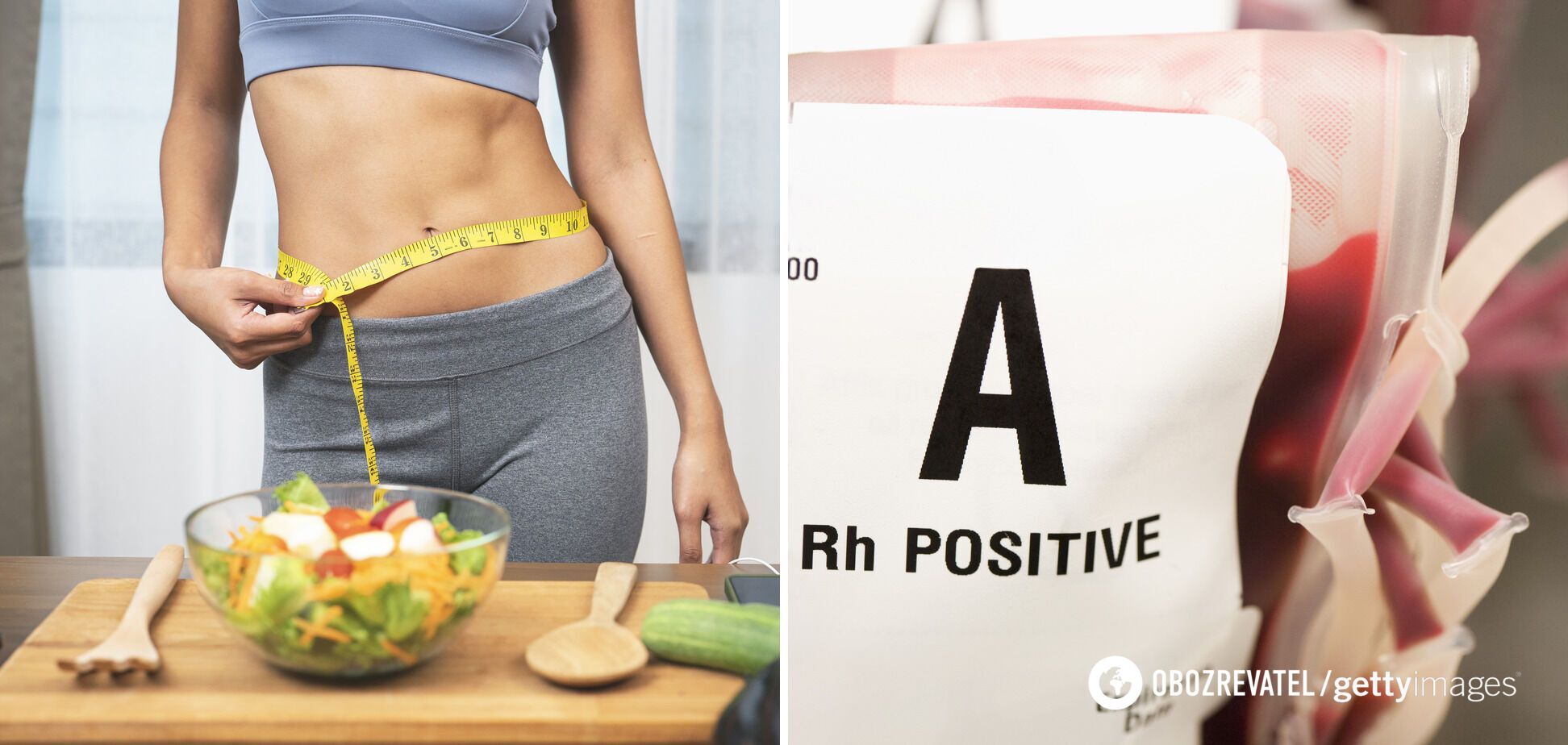Life
Can be harmful: 5 worst diets you should avoid and what are the consequences
There are many different diets that promise to help you lose weight quickly and effectively. However, not all of them are healthy and have scientifically based approaches to nutrition. On the contrary, some diets can cause nutritional deficiencies and put you at risk of developing various diseases.
Doctor and health expert Ulyana Werner told OBOZREVATEL about the worst diets for weight loss. According to the expert, weight loss diets can be harmful because they often lead to a lack of proteins, fats, or carbohydrates that our body needs to function properly.
In addition, they can create stress for a person. In particular, a decrease in blood glucose levels and, as a result, a feeling of fatigue and weakness. Also, diets can be too limited in terms of food variety and calorie intake, which can lead to a lack of energy to perform daily activities.
Paleo diet
The Paleo diet, also known as the Paleolithic diet or the hunter-gatherer diet, is based on the belief that the healthiest foods for humans are those that our ancestors consumed during the Paleolithic era, about 2.5 million years ago.
This means that the Paleo diet includes foods that were available at that time: meat, fish, eggs, fruits, vegetables, and nuts, and excludes foods that were introduced later, such as grains, dairy products, sugar, and industrially processed foods.
Scientists who have studied the health effects of the Paleo diet have reported positive results in weight loss and blood pressure. However, some studies also point to negative effects. For example, the diet can lead to an insufficient intake of calcium and vitamin D, which we get mainly from dairy and grain products. In addition, experts believe that the exclusion of certain foods can lead to insufficient carbohydrate intake, which can cause a decrease in energy levels.
Dukan diet
The Dukan diet is one of the most popular weight loss diets, especially in Europe. It originated in France and is based on high protein and limited carbohydrates and fats.
The principle of the Dukan diet consists of four stages:
- Attack: restricting the diet to high-protein foods (eggs, meat, fish, seafood, and low-fat dairy products) for a period of 2 to 7 days.
- Cruise: continuing to consume high-protein foods alternating with vegetables for the period of achieving the desired weight.
- Fixation: gradual addition of fats and carbohydrates to the diet for 10 days.
- Stabilization: maintaining the new weight by introducing a diet based on high protein and limited fat and carbohydrates.
However, the Dukan diet is not safe and effective for weight loss. Studies have shown that a high protein content in the diet can lead to impaired kidney, liver, and cardiovascular function, as well as deterioration of teeth and bones. In addition, such a diet can lead to deficiencies in important nutrients, such as vitamins and minerals, due to the limited consumption of fruits and vegetables.
Lemon diet
The Lemon diet, also known as the "detox diet," is about consuming a special drink containing lemon juice, maple syrup, pepper powder, and water for 10 days. At the same time, food is completely abandoned.
Fans of this diet claim that it helps to cleanse the body of toxins, improve health, relieve fatigue, and improve mood. However, there is no scientific evidence on the safety and benefits of this diet.
Some studies have shown that consuming lemon juice may have some health benefits, such as reducing the risk of developing heart disease and diabetes. However, restricting your food intake can lead to a deficiency of essential nutrients.
This diet can also have certain side effects, such as headaches, dizziness, hypoglycemia (low blood sugar), dehydration, electrolyte imbalance, and gastrointestinal problems.
Blood type diet
The blood type diet is a diet based on the idea that blood types have different nutritional needs. Its principle is that groups have evolved and have different adaptations to foods.
Each blood type is assigned its own list of foods to consume and foods to avoid. For example, according to the diet, people with blood type O should eat more meat, fish, and vegetables, and avoid grains, some fruits, and dairy products.
People with blood type A should eat more vegetables, fruits, and grains, while avoiding meat and dairy products.
Although this diet has gained popularity, there is no scientific evidence to support it. Scientists have proven that blood type has no influence on what foods to consume. Some scientific studies have also shown that such a diet is not effective for weight loss and can lead to deficiencies in important nutrients.
In addition, it can be difficult to follow because it restricts many foods that are important for maintaining adequate levels of nutrition and health.
Gluten-free diet
A gluten-free diet excludes foods that contain gluten protein from the diet. Gluten is found in wheat, barley, rye, and other grains. The diet was originally developed to treat celiac disease, an autoimmune disease that causes inflammation and damage to the small intestine when a person consumes gluten. However, it has become popular with the general public because of the belief that a gluten-free diet promotes overall health and can help with weight loss.
A gluten-free diet is beneficial for people with celiac disease, gluten allergies, or other gluten-related conditions. It can really improve their health and help them avoid serious complications. However, for people who do not have these conditions, it has no proven health benefits and may even lead to insufficient fiber intake.
Moreover, the exclusion of gluten from the diet reduces dietary diversity. It is also worth noting that many gluten-free products available on the market contain more sugar and fat to compensate for the absence of gluten, so consuming them may lead to an increase in calories.
It is important to remember that there is no one-size-fits-all diet that will work for everyone. Each person's individual needs and conditions may vary, so it is important to consult a doctor or nutritionist before starting any diet.
The best approach to nutrition is to consume a variety of foods from all food groups, limit foods high in sugar, saturated fat, and sodium as much as possible, and monitor portion sizes and calories.
Only verified information is available on our Obozrevatel Telegram channel and Viber. Don't fall for fakes!






























